I'm working on a function that takes in a filename of a CSV and converts each line to a dictionary and then returns a list of the dictionaries created (to be able to iterate through and organize in later functions. I've gotten it to do what I want by doing the following but feel there's got to be a better way. Any suggestions for improvement?
import re
def import_incidents(filename):
"""Imports CSV and returns list of dictionaries for each incident"""
with open(filename, 'r') as file:
data = file.read()
data = data.split('\n')
list_of_data = []
headers = True
for line in data:
line = line.split('","')
if headers == True:
#Skip header and set to false
headers = False
elif len(line) == 1 or line[3] == '':
#File always has a 1 lenth final line, skip it.
#Events can leave blank policies, skip those too.
pass
else:
temp_dict = {}
temp_dict['id'] = re.sub('"', '', line[0])
temp_dict['time'] = re.sub('GMT-0600','',line[1])
temp_dict['source'] = line[2]
temp_dict['policy'] = line[3]
temp_dict['destination'] = line[5]
temp_dict['status'] = line[10]
list_of_data.append(temp_dict)
return list_of_data
print(import_incidents('Incidents (Yesterday Only).csv'))
Sample of CSV contents:
"ID","Incident Time","Source","Policies","Channel","Destination","Severity","Action","Maximum Matches","Transaction Size","Status",
"9511564","29 Dec. 2015, 08:33:59 AM GMT-0600","Doe, John","Encrypted files","HTTPS","blah.blah.com","Medium","Permitted","0","47.7 KB","Closed - Authorized",
"1848446","29 Dec. 2015, 08:23:36 AM GMT-0600","Smith, Joe","","HTTP","google.com","Low","Permitted","0","775 B","Closed"
